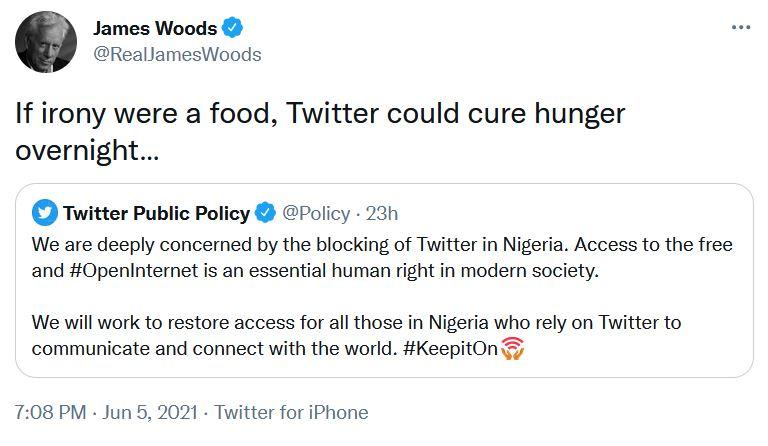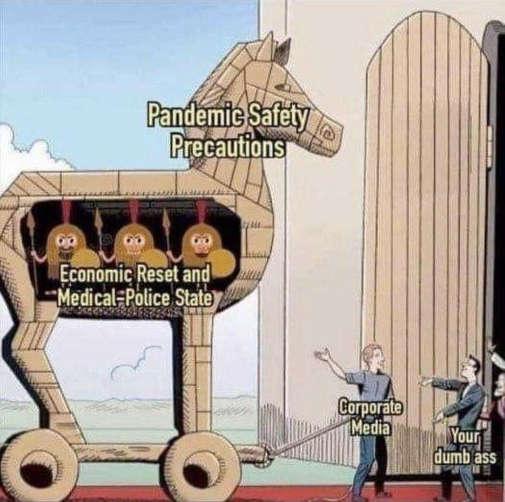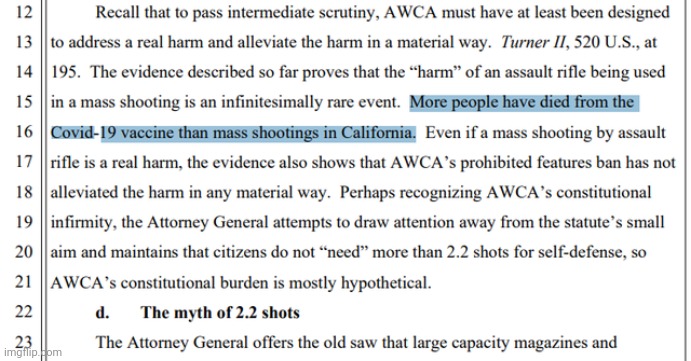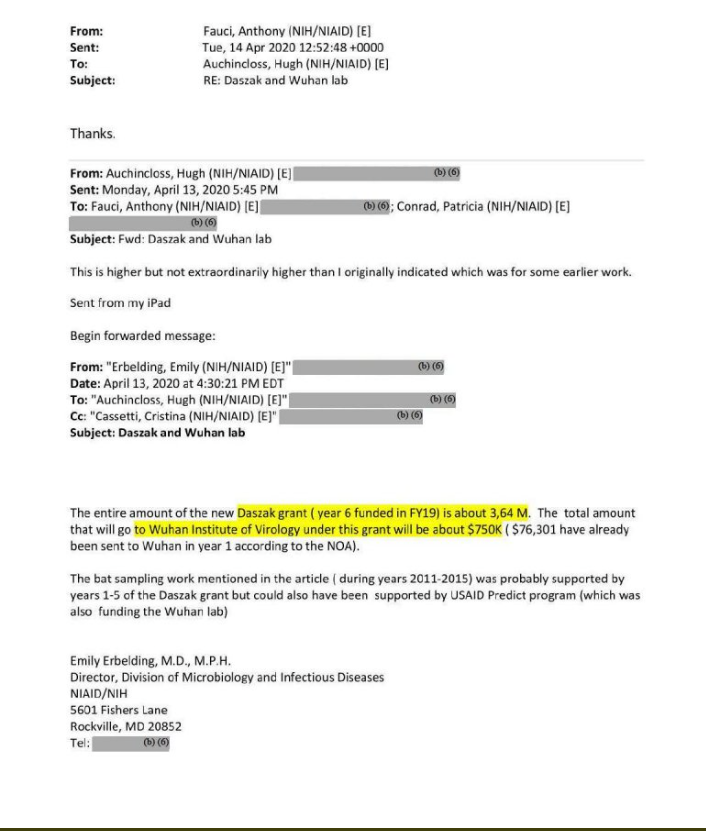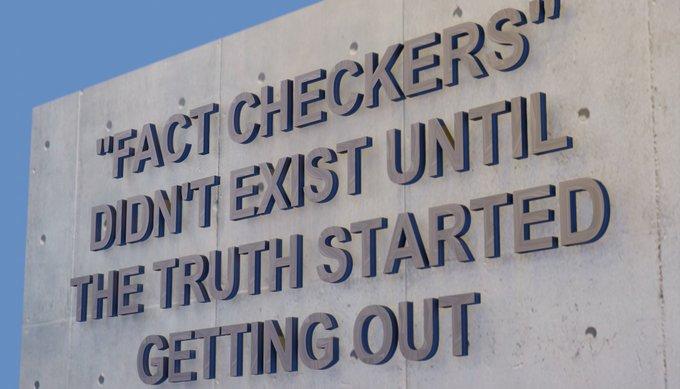The current FDA regs do indeed go back much further than the transition of fast food from "occasional treat" to "two of my three meals each day". Basically, they represent the sugar and grain industry's lobbying strength. And frankly, if we've got a few hundred million mouths to feed with a couple thousand calories each day, grain products are the most economical solution if we ignore pubic health effects. I can buy those calories in the local grocery store for less than a tenth of a penny apiece - truly a remarkable accomplishment.
Unfortunately, that's not an appropriate diet for humans. And then we doubled-down on our mistakes when the effects of a carb-heavy diet were mistaken for those of excessive consumption of animal fats. It's almost certainly the biggest public health failure in modern times (although the tobacco lobby might want to argue for this trophy).
Oh, and go investigate the effects of stress on insulin resistance, and then figure out the likely outcome of combining that with a Western diet and a lack of physical exertion. That we've been able to keep people alive as long as we do is an accomplishment of medical technology, although I'm not sure anyone should be proud of this.
Fast food isn't the cheapest way to eat on a calories-per-dollar basis (10 chicken McNuggets for $1.99 is about 5x more expensive than bagged white flour from the supermarket on this basis), but most people can afford it and that combined with laziness means that it becomes the default option (much as paying $100/month for cable has become the default recreational pursuit for
Yesterday around 1400hrs, wife and I were in town. She informed me that I really need to eat something(lost 40 pounds since March).
I informed her, I really felt like eating something out of a dumpster, some really shitty fast food.
There could be only one choice obviously....McDonalds.
So they haD all these meal deals going on for under $20. 4 different meal deals. I cant remember them all, but we got the 2 Macs, 2 med fries, 20 nuggets for $16 plus I got a diet Coke. The dogs were very happy with the leftovers.
Later we marveled at how a 3 person family could pass up that deal. You couldn't recreate that meal at home for $16.
Now I'm not likely to eat out of that garbage can again for another year, but its hard to argue that poor folks are just lazy garbage eaters.
Fast food is quite a cheap option.
Sure, its garbage, but....







